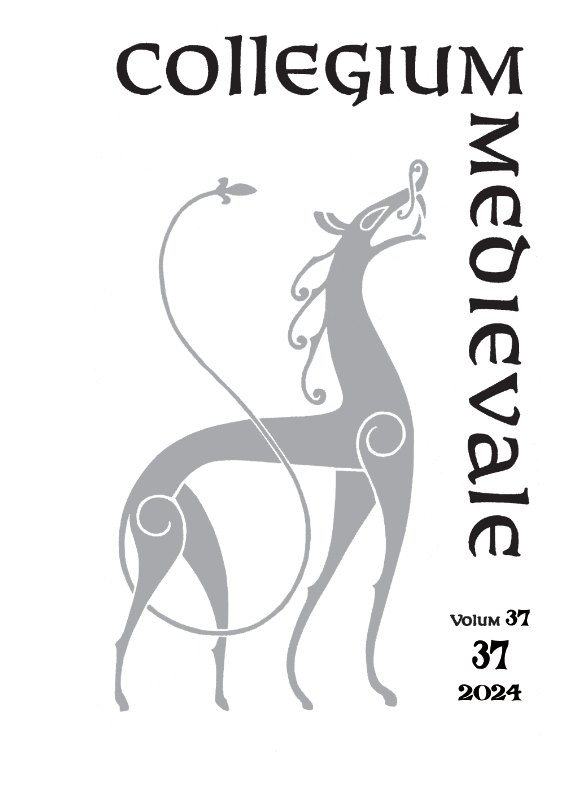Sammendrag
The sounds of animals were key soundmarks in the agro-pastoral landscapes of medieval Iceland. The Íslendingasögur contain a number of episodes centred around the sound-making of domestic animals and the effects of listening to them. Drawing on a range of sources including saga literature, the archaeology of Viking age Iceland, and modern studies of animal behaviour and human-animal relations, it is suggested that such narratives may have developed from stories about how to work with animals used for teaching within communities. The article also recognises that animal and animal-like sounds have the potential to destabilise both the perceived safety of the house and the concept of the human-animal divide.
Dette verket er lisensiert under Creative Commons Attribution-ShareAlike 4.0 International License.
Opphavsrett 2024 Harriet J. Evans Tang

